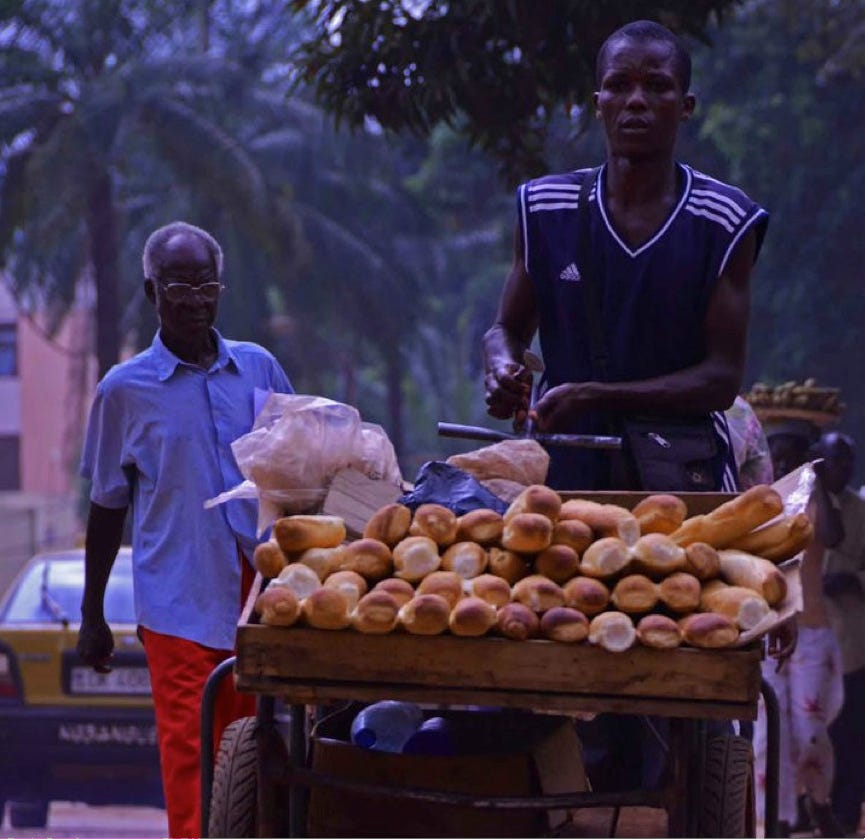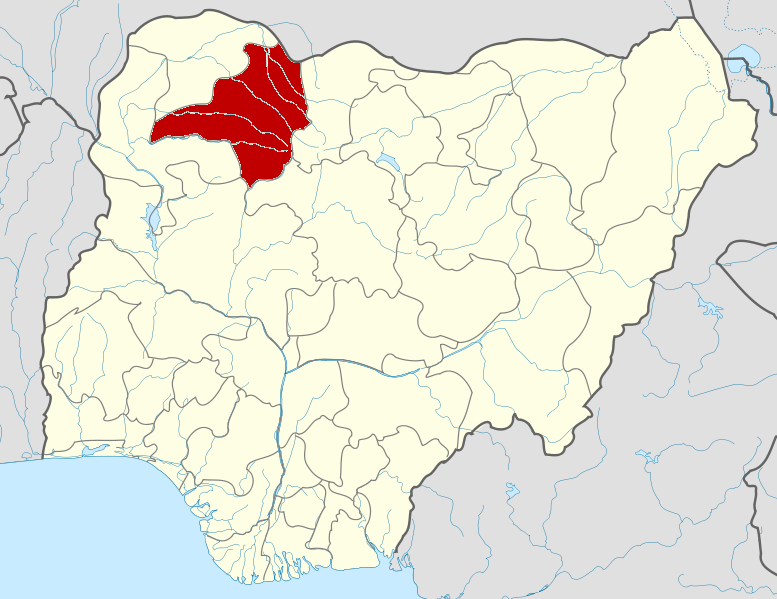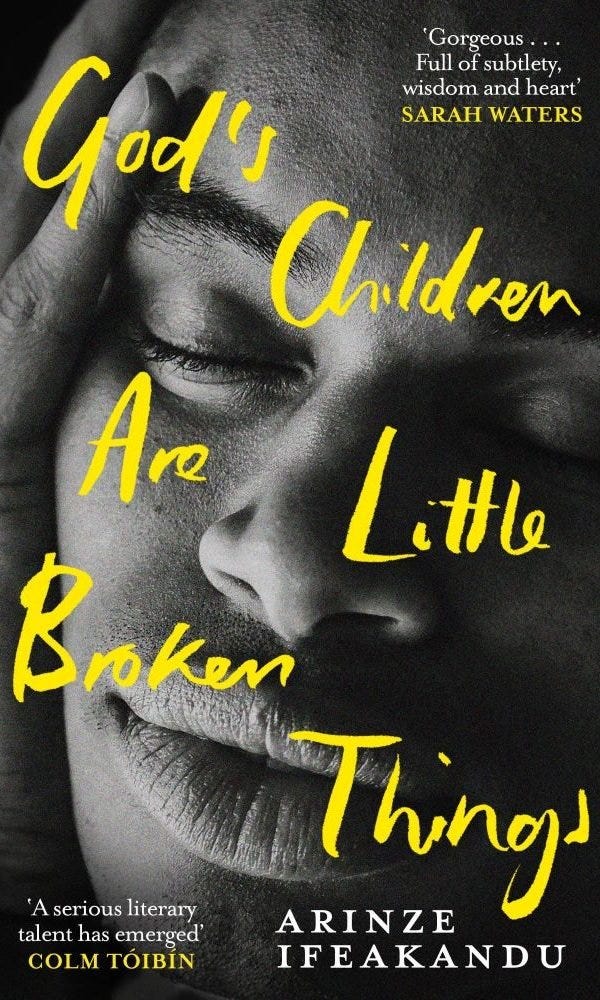🔅 Mobile Money's Revolutionary Impact For Women & Nigeria's Daring Rescue Operation
Plus, Malawi's Drought Crisis & Queer Voices in Nigerian Literature
Photo of the Day

Spotlight Stories
Mobile Money: A Game Changer for Women

The way women in sub-Saharan Africa are stashing their cash is getting a major upgrade, thanks to the magic of mobile money. In the decade leading up to 2021, the number of women with financial accounts didn't just inch up—it more than doubled, hitting 49%.
Almost half of the women in the region are now part of the financial fold, and it's all thanks to their trusty mobile devices.
Forget the old-school brick-and-mortar banking scene:
Mobile money is the new financial fairy godmother, turning even the smallest amount of cash into a digital treasure chest that's all about convenience. Need to pay bills, send money to your cousin in the next town, or keep your savings away from prying hands? Mobile Money's there for that.
It's like watching a financial revolution unfold, but it's not just about hoarding digital coins. This financial empowerment spells out more control over household resources, beefed-up security against theft, and a lifeline in emergencies—all from the palm of their hands. So, as mobile money continues to transform pockets across sub-Saharan Africa, it's clear that for women, the future of finance is looking brighter (and more digital) by the minute.
Nigeria's Rescue Operation
The Nigerian army pulled off a rescue operation this weekend, freeing students and staff who'd been kidnapped from their school on March 7 in the town of Kuriga, Kaduna state.
Storming a forest hideout in the neighbouring state of Zamfara, they brought back 137 hostages right before a 1 billion naira ($690,000) ransom bill came due.
However, there seems to be a headcount issue:
Initial reports spoke of 287 abductees, while the governor's tally was "over 200." So, as the dust settles and the freed hostages undergo medical checks before reuniting with their families, some folks in Kuriga are left scratching their heads, wondering if the roll call is complete.
Malawi's SOS: Drought Disaster Declaration

Malawi is declaring a state of disaster over drought in 23 out of its 28 districts, and the president says the country needs more than $200 million in humanitarian aid. With 2 million households in the lurch and needing about 600,000 metric tons of food aid, the country's situation is dire.
The situation is part of a larger problem in southern Africa:
El Niño is wreaking havoc across the region. It is notorious for its dry spells, and this time, it's hit Malawi and Zambia hard, and might possibly hit Zimbabwe next. 50 million people in the region are facing food insecurity as a result.
Arinze Ifeakandu: Illuminating Queer Lives in Nigerian Literature
Growing up queer in northern Nigeria, Arinze Ifeakandu found himself yearning for stories that mirrored his own experiences. Amidst the conservative backdrop of Kano, his quest for representation led him from the familial bookshelves to the bustling book stands of the city and into the hidden corners of internet cafes. There, he discovered tales of gay romance that, while captivating, predominantly featured characters whose lives in snowy, distant lands bore little resemblance to his own.
Driven to see his realities and those of others like him reflected in literature, Ifeakandu, now 29, embarked on a storytelling journey. His narratives weave the complexities of gay men navigating loneliness, love, and lust in modern-day Nigeria.
His dedication to queer storytelling has not gone unnoticed. Neither have those of countless others who found themselves in Ifeakandu's position. Their emergence as a literary voice coincides with a broader surge in visibility for LGBTQ writers across Africa. Once relegated to the margins of literature and public discourse, their works are now claiming the spotlight, and The New York Times has more on this.
Food for Thought
“We desire to bequeath two things to our children. The first one is roots; the other one is wings."
— Sudanese Proverb




